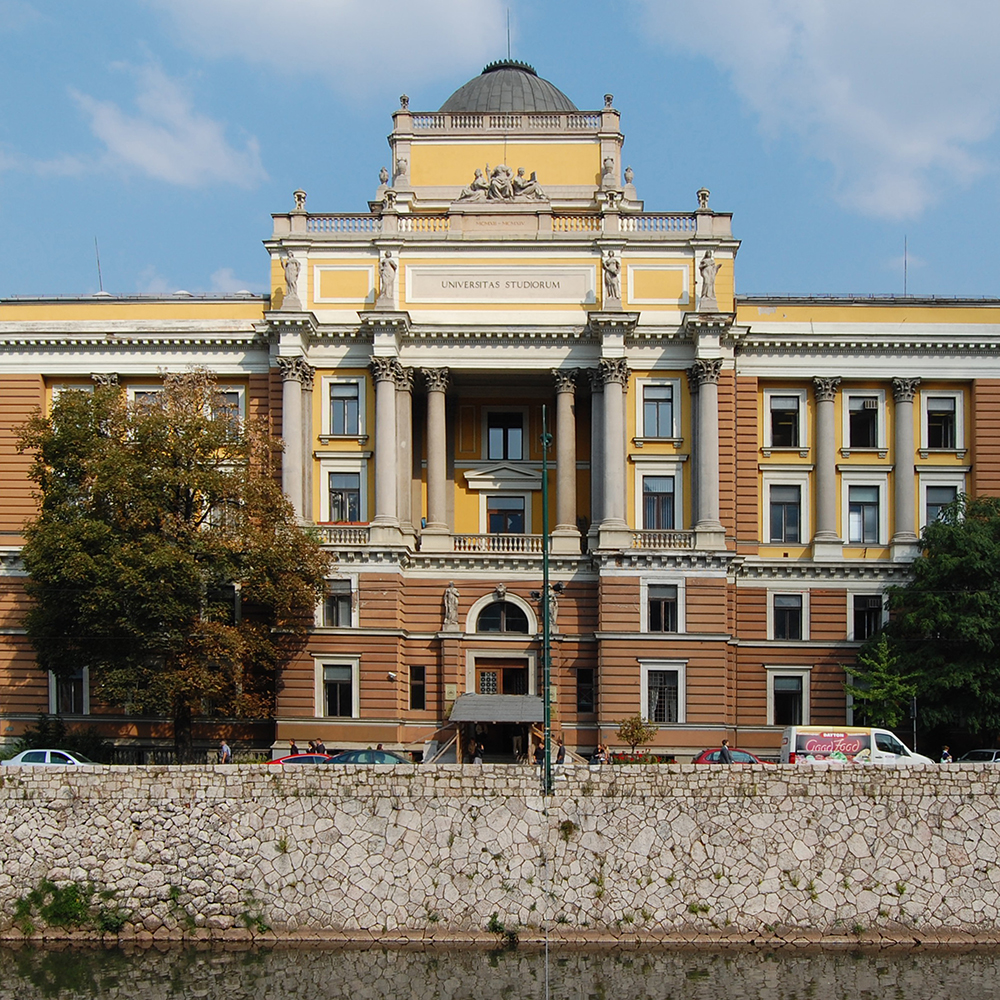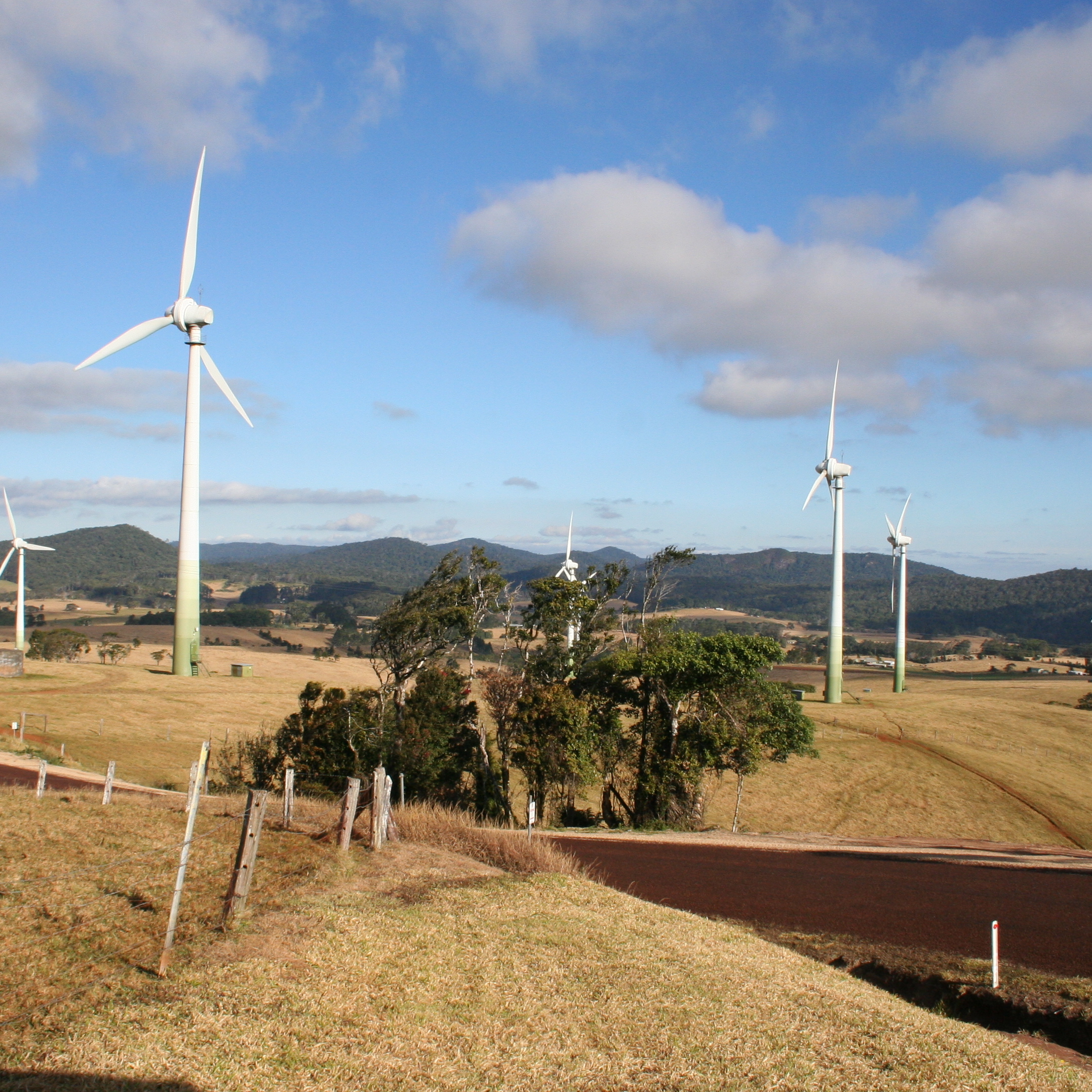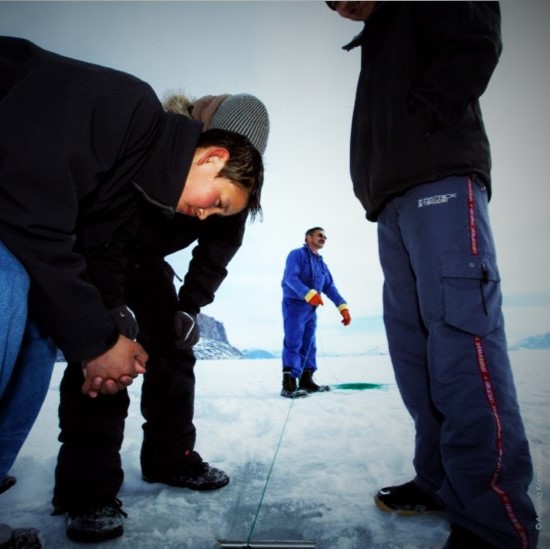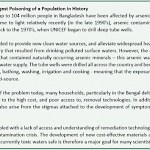
Ending the time of waste
We are the last generation that can prevent irreparable damage to our planet, let's clean up, catch up and smarten up.
1 November 2019

Research
Removing barriers for displaced academics
Researchers displaced due to conflict face a range of barriers when attempting to continue their professional pursuits in the country they have migrated to, removing these barriers is crucial for alleviating suffering and unleashing the potential of academics and students with unique backgrounds and perspectives.
12 September 2019

Taking back control over academic publishing
To break the monopoly of expensive paid journals, we should make use of free journals and free platforms of editorial boards evaluating preprint articles.
25 June 2019

Opinion
Should we use science fiction to plan a path towards our low-carbon future?
How we can create a more ambitious, more radical (and maybe even more optimistic) view of the low-carbon future.
6 May 2019

Redefining excellence to overcome geopolitical imbalances in research
European research funding is unevenly distributed. The success of the upcoming funding programme Horizon Europe hinges on how well it manages to overcome the geopolitical differences around the continent that have created this inequality. To realize Europe's full research potential, diverse contributions and widening participation must be recognized as an integral part of research excellence.
26 February 2019

What's next for the 'Lost Generation' of academics?
The 'lost generation' refers to mid-career researchers that, after completing many temporary positions, find themselves largely excluded from research careers. How do we address this growing issue?
29 October 2018

Towards a sustainable transport system
Transport accounts for a quarter of global carbon dioxide emissions and remains one of few sectors where emissions are still growing. A key challenge is determining the relative importance of pursuing a technological or a sociological solution: should we change transportation or the behaviour of people?
15 October 2018

Opinion

How climate services can help the world’s poor
Livelihoods of rural populations, especially in developing countries, depend heavily on weather and climate. The use of climate information in economic activities may serve as a possible adaptation strategy to changing climate conditions. Climate services channel climate information to individuals or organisations in a way that supports decision-making. Here we summarise the potential of climate services as a contributor to the Sustainable Development Goals and present an overview on how their economic value is assessed. We suggest that climate services could constitute, especially in the most vulnerable settings, an important element of climate change adaptation strategies boosting ongoing poverty alleviation efforts.
28 March 2018

Kill the Bill
Can open access help scientific publishing move from a prestige economy to a shared scientific economy?
20 March 2018

Opinion
European Trade and Investment
The rules no longer apply. The biggest challenge facing the new EU is the growing threat to the international economic order. From banking to free movement of people and goods to international law and trade, bilateral alliances and unilateral moves have undermined existing structures. As Brexit heats up, a new 2-part series from trade expert Eoin Gahan will explore its trade and investment prospects.
27 November 2017

Fish-like flow sensing on underwater vehicles
Natural biological sensors, designed, tested, and adapted via evolutionary processes, typically exhibit sensing performances that far exceed those currently achieved by human-engineered sensors. Bioinspired and biomimetic flow velocity sensors, inspired by the mechanosensory lateral-line system found in blind cavefish, can be used for a wide range of applications including underwater robots.
5 February 2017

Are Pro-Government Political Militias Evidence of a Strong State?
The growth of pro-government political militias and unidentified armed groups has traditionally been associated with weak state capacity however, new research suggests this may be a method of institutional management and can be seen as evidence of a strong state rather than a fragile one.
13 March 2016

Measuring Global Success
Much debate surrounds the choice of indicator used to determine economic performance and stage of development for governments, businesses and citizens.
24 January 2016

Solar Radiation Management Can Only Work if it Works for the Poor
A promising technology that aims to reflect a small percentage of sunlight back into space called Solar Radiation Management (SRM) could complement mitigation and adaptation in the fight against climate change.
1 December 2015

Why carbon pricing will not succeed
Is climate modelling for carbon pricing based on theoretical assumptions that are unlikely to hold in the real world? The benefits of carbon pricing are highly uncertain, and hence it is likely not the most effective way to tackle greenhouse gas emissions.
26 November 2015

Living above the Arctic Circle
Climate change affects everyone. For Arctic communities, the unpredictable nature of the changes is having a profound impact on health and entire livelihoods. The Arctic people know they’ll need to adapt to a rapidly changing landscape, one in which dependency on the seasons can no longer be relied upon.
30 September 2015

Opinion
Power to the People: Building local energy capacity
The challenge of moving towards a low carbon future is one now embraced by the political leaders of the G7, but how that path will unfold is still a live political debate. Local energy co-operatives offer a viable and progressive path to sustainability.
22 June 2015

Marine Energy: Somewhere Beyond The Sea?
Marine energy has the potential to play a key role in the UK's energy mix in the coming decades, benefited by both its geography and its historical expertise. It is now critical that the necessary steps are taken to enable the technology to progress to the commercially viable stage, and realise its full potential.
22 June 2015

The Gathering Storm
A rights-based approach to protecting victims of climate-induced displacement is needed; one which recognises entitlement to assistance and protection, and leverages opportunities for safe and dignified migration.
15 May 2015

China’s Pro-Renewable Energy Approach
This article identifies the broad spectrum of challenges facing China’s energy sector and looks at the impact of this policy intervention on its development.
1 January 2013

Geo-Science Versus the Nuclear Industry
The Japanese government and their domestic nuclear industry are facing a serious dilemma. While geologists caution about the risk of active seismic faults the electric power industry is pressing the need to restart nuclear power plants.
1 January 2013

Sunny Side Up: Photovoltaics of the Future
Until now only a fraction of 1% of energy has been provided by direct conversion of solar energy, but that is set to change: International Energy Agency projections anticipate that some 11% of electric power will be provided by solar technologies by 2050.
1 October 2012

The Age of Minor Metals
Recent friction in the field of rare earths and platinum group metals demonstrate that it will be essential to find a mutually beneficial outcome for the mineral wealthy and the technology rich.
1 October 2012

Arsenic: Mass Poisoning in the 21st Century
Access to clean water is a fundamental human need. We must find low-cost ways of analysing toxic contaminants in the field, and develop cheap and effective remediation methods.
1 May 2012

Lighting up Lives with Energy Efficient Lighting
New Light Emitting Diode (LED) technology could potentially achieve a reduction of 15% in total electricity consumption in developed countries
1 May 2012

Why Our Nuclear Waste Isn't Going Anywhere
The answer to nuclear waste disposal may lie in deep underground geological storage, yet this strategy faces strong ‘Not In My Back Yard’ opposition.
1 May 2012

Opinion
Accra Invaded
High rates of urbanisation and population growth has led to housing and infrastructural incapacity in Ghana, threatening the country's economic success story.
1 January 2012






